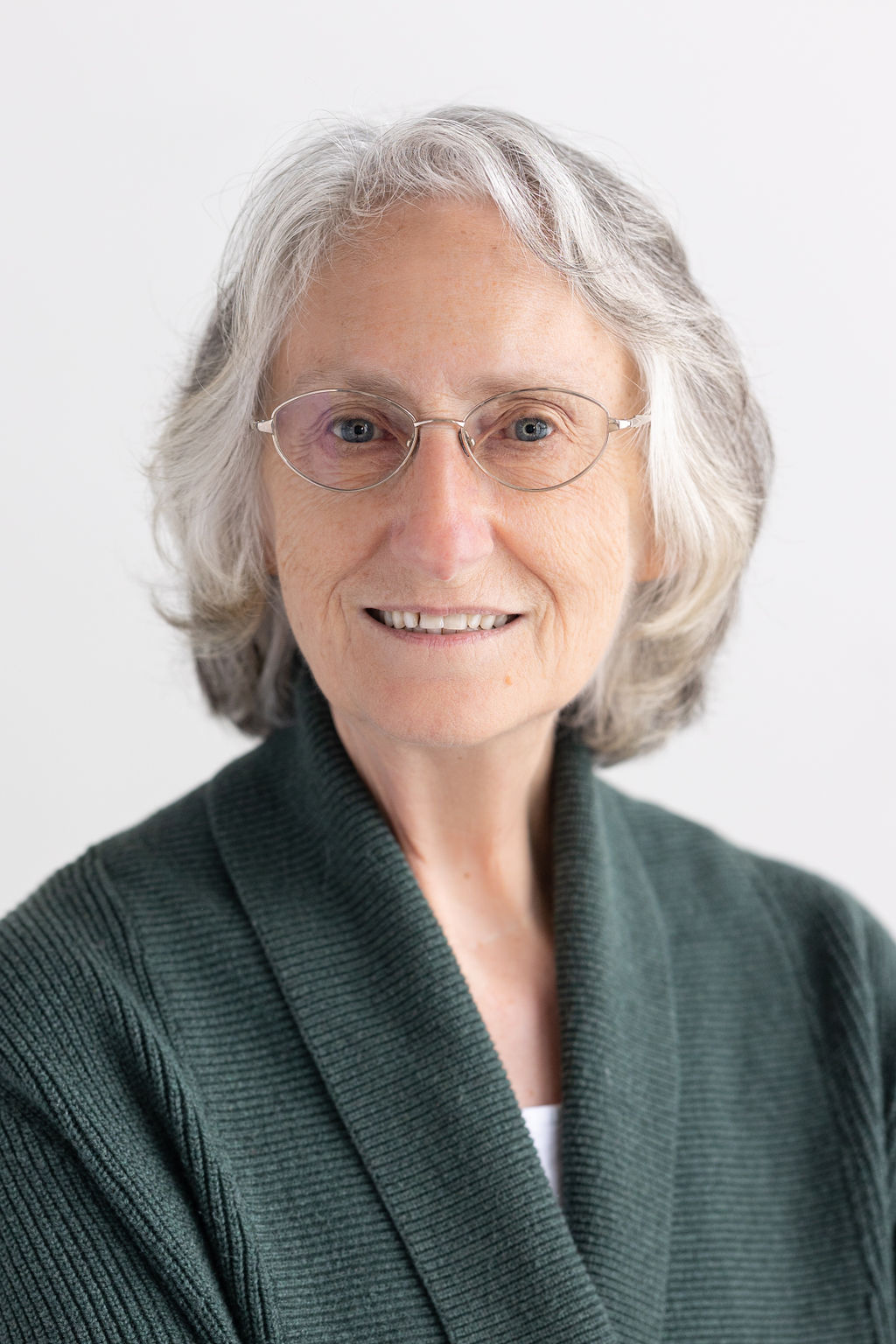
I was twelve when my mother and I left Scotland for Canada to join my father, who’d been there for two years already. I only know the full facts in retrospect because my parents were of a generation that didn’t tell children anything. My mother told me two weeks in advance of our move and she told me only because I demanded to know why I had to have a smallpox vaccination which none of my friends were getting. Otherwise, I suspect my mother would have said nothing until we were on the plane.
I was going away forever, wrenched from the life I’d known — school, friends, everything. Flying for 19 hours across the Atlantic via Greenland to refuel (it was 1960 and we were on a prop jet), the miles went on and on. I sat in the window seat, my mother next to me, and stared either at clouds below me or my own reflection in the window of dark night.
Within three days, I was in school. I’d passed my “eleven plus” exams in Scotland, meaning I was ready for high school in Canada. So that’s where they put me. I was twelve, hadn’t started puberty, wore pigtails my father wouldn’t let me cut, spoke with a thick Scottish accent, and soon became top of the class. The others were fourteen or fifteen and invaded by alien me. My father was angry because I didn’t fit in. A woman teacher ordered me to get rid of my accent. “No one will hire you as a secretary when you graduate. They won’t want you answering the phone if you can’t be understood.”
The move was all about leaving and nothing about coming. With no preparation or understanding of where I was going, I was cast adrift. Our family hadn’t lived together for three years, one where my father was treated in London for what we’d now call PTSD and the two he’d lived in Canada prior to our arrival. Life at home was tense.
Looking back, it drove me to my books. I couldn’t have articulated the idea, but somehow I knew that my ticket out of misery lay in getting good grades. I got them. Yes, it made my life in school worse, but after high school, I went to college and came into my own. By then, I’d adjusted to my new country — at least to some extent — and I’d learned self-sufficiency, even if it was the hard way.
I moved again when I was twenty-three, this time to the United States. In college, I’d met an American, married him, and a year later when he’d finished the Ph.D. he’d come to Canada to earn, we moved. This time, it was my choice, not someone else’s.
Entirely different experiences, but there were and are similarities. As I watch people emigrating now, often not by choice, I sense a little of what they must feel. I don’t know their suffering of bombs and changing political controls, but I do know what it is to be jerked from one place to another and I do know what it is to choose to go from one place to another.
No matter where you move, you’re going away from somewhere and going to somewhere else, but that doesn’t mean you do that inside. You bring your baggage with you, what you’ve known before — your culture, your beliefs — even as you’re aware of what you’ve left behind. In time, you acquire knowledge of your new place, but the old is still with you. The challenge is the gaps. Your old country goes on without you, shifting and changing in ways you will never know. In your new country, you build a past year by year, but there’s always the time before you were here, the time you can’t know.
Sometimes, I think I’m swimming in the middle of the Atlantic Ocean, unable to reach either shore. I will never fully belong anywhere and I will always belong somewhere just a little bit. In one way, it’s freeing. I’m more internationally aware, although there are others who’ve had bigger shifts of culture and language or geography. In another way, it can be lonely. The sense of never fully belonging anywhere.
Like most things in life, there are pluses and minuses. The trick is to figure out which is which.
